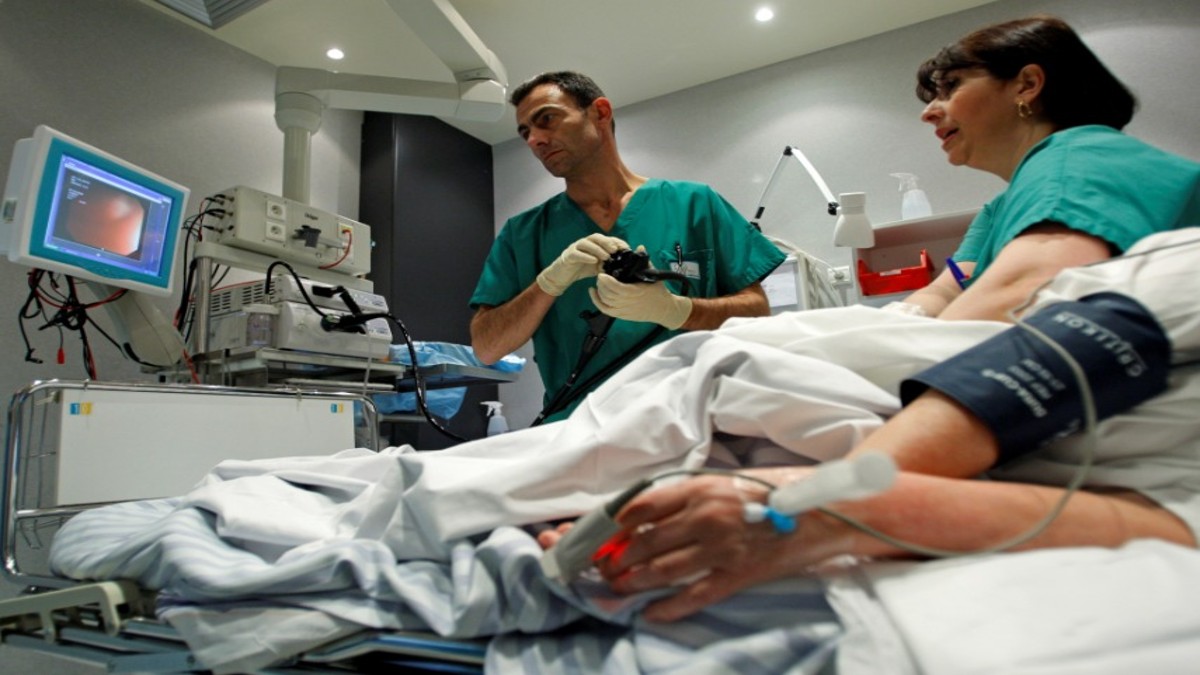Breast cancer is one of the second most common types of cancer in the world after lung cancer and is the most common cancer in women. According to the World Health Organisation, breast cancer impacts about 2.1 million women every year and is one of the biggest causes of cancer-related deaths in women.
Now, Dr Reza Izahpanah, assistant professor of medicine at the Tulane University, US, and his colleagues say that in an animal study, they have found a pair of genes, that if switched off, can stop the development of triple-negative breast cancer.
Triple-negative breast cancer is the most aggressive form of breast cancer that occurs in about 10 to 20% of women affected by breast cancer and is more commonly seen in younger women.
The study has been published in the peer-reviewed journal Scientific Reports, published by the British journal Nature Research.
Triple-negative breast cancer
Breast cancer growth is commonly fueled by one or more of three things - an estrogen receptor, a progesterone receptor and a protein called epidermal growth factor (HER-2). Generally, to treat breast cancer, doctors target one of these three. However, triple-negative breast cancer is not fueled by any of these factors. Hence, chemotherapy and surgery are the only options to treat this type of cancer.
However, triple-negative breast cancer spreads quickly and often comes back even after treatment. The prognosis usually depends on the stage of the cancer - however, it is not as good as other types of breast cancer.
The study
For the research, Dr Izahpanah and team looked at two genes - Rab27a and TRAF3IP2 - in mouse models. Rab27a gives instructions for making a protein that helps move other proteins inside special sacs (exosomes) out of the cell. The TRAF3IP2 gene, on the other hand, plays a role in inflammation.
It was found that when only the Rab27a gene was switched off, the tumour stopped growing. However, it still spread some cancer cells to nearby areas.
When the TRAF3IP2 gene was also silenced, this spread stopped. Interestingly, silencing the TRAF3IP2 gene also reduced the growth of the existing tumour.
The science
As per the study, exosomes play an important role in spreading the tumour cells to new areas in the body.
TRAF3IP2 gene produces a protein that controls the production of a protein complex (a group of two or more proteins) NF-κB. NF-κB regulates the production of various mediators that promote tumour growth including cytokines.
Cytokines increase inflammation and promote angiogenesis (formation of new blood vessels) in tumour cells, which lead to the growth of the tumour.
Commenting on the research, Dr Izahpanah said that it is an exciting discovery and that TRAF3IP2 gene can play a role in the treatment of triple-negative breast cancer.
The team is currently working on getting FDA approval and start clinical trials.
For more information, read our article on Breast cancer
Health articles in Firstpost are written by myUpchar.com, India’s first and biggest resource for verified medical information. At myUpchar, researchers and journalists work with doctors to bring you information on all things health.
)
)
)
)
)